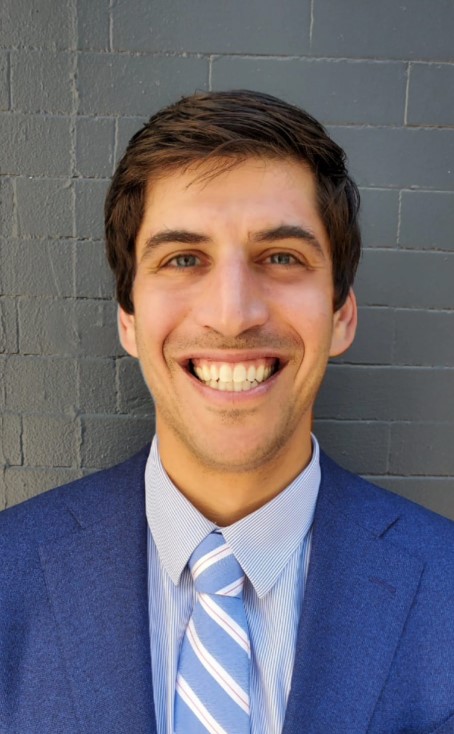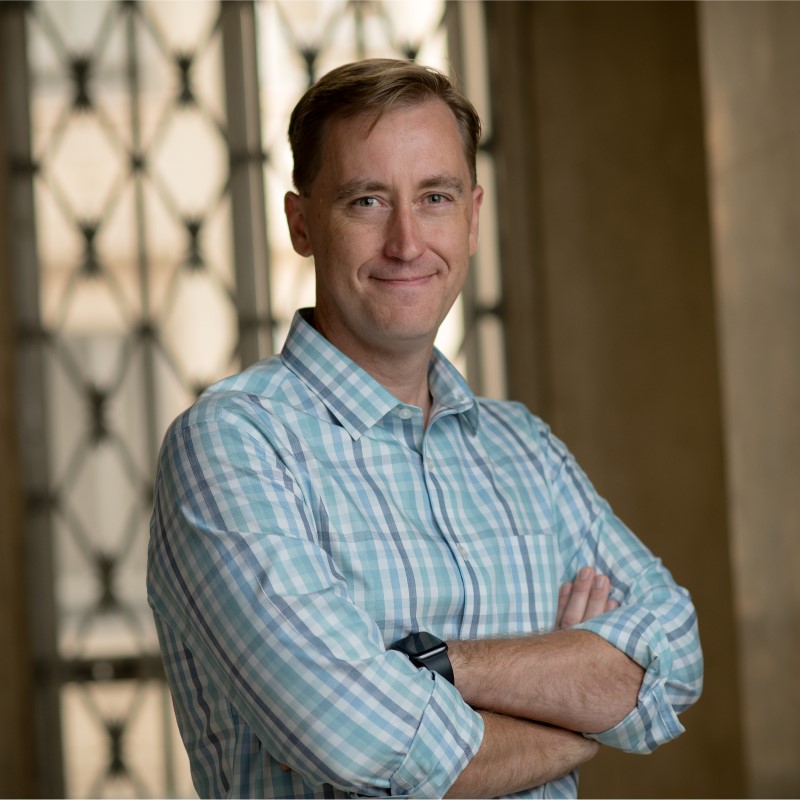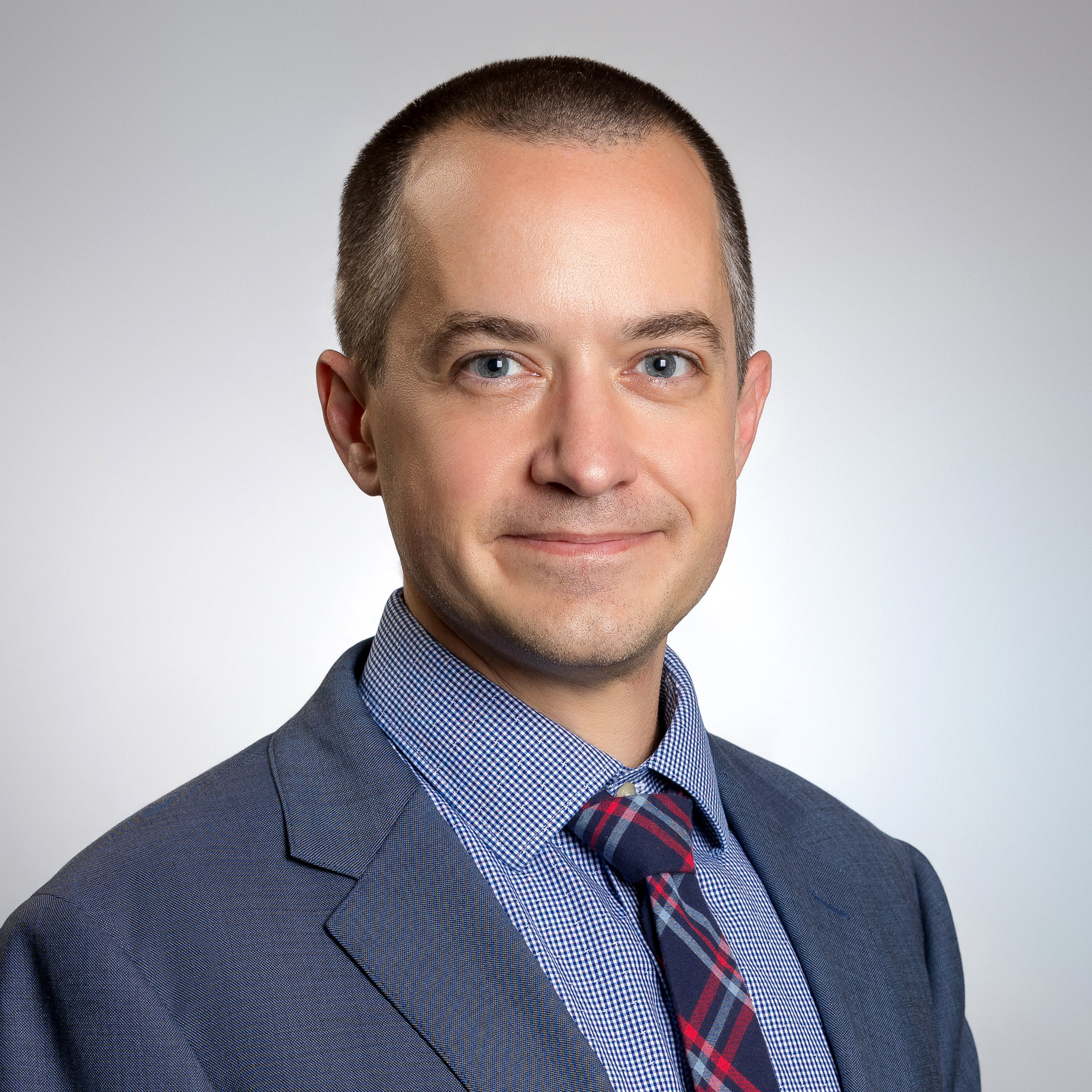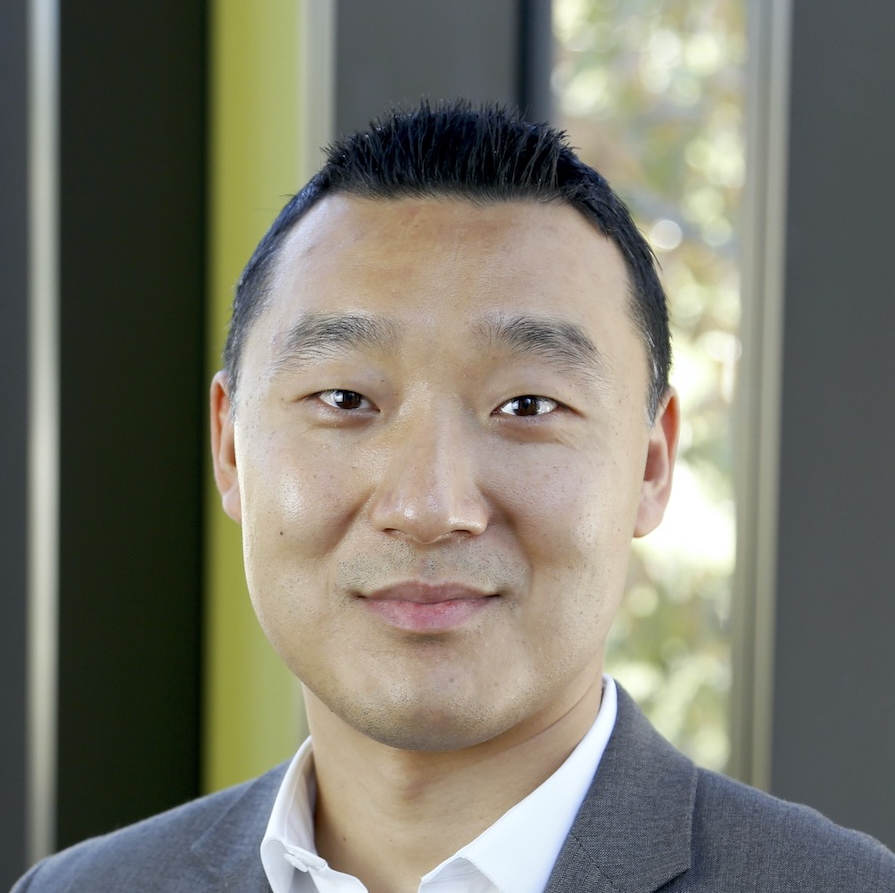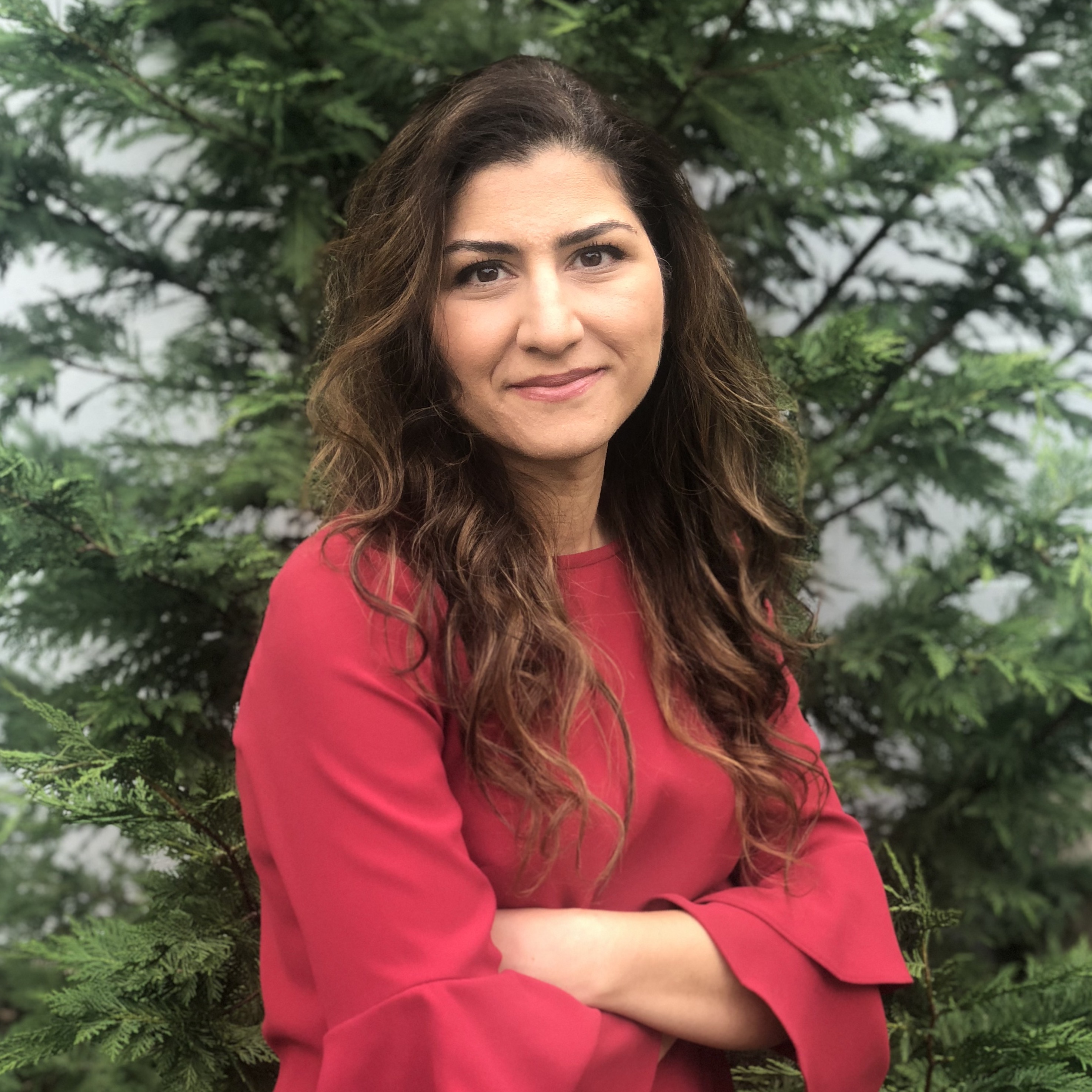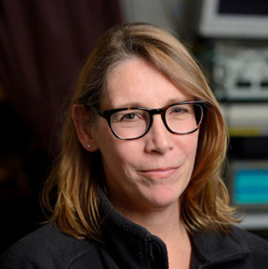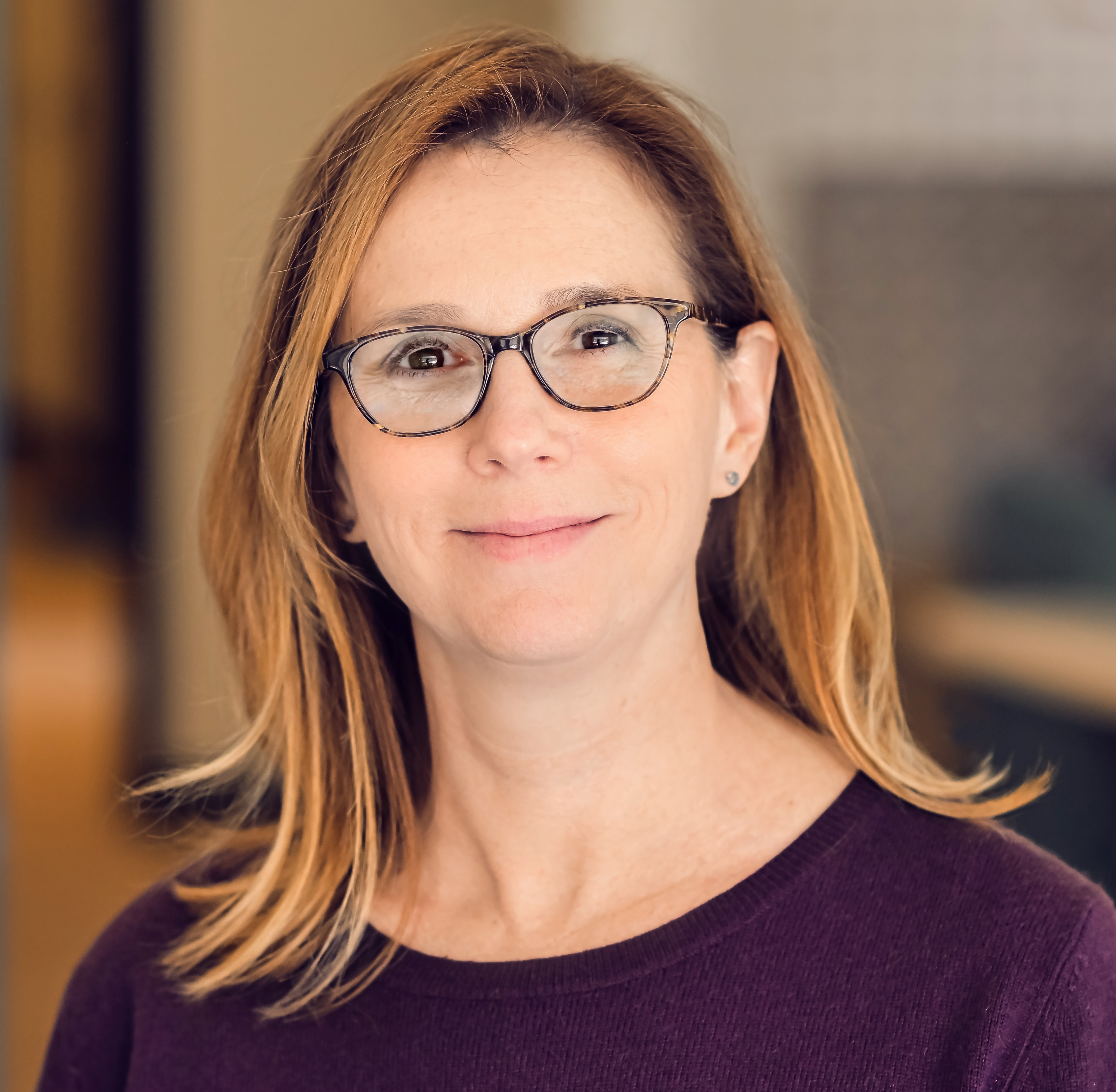
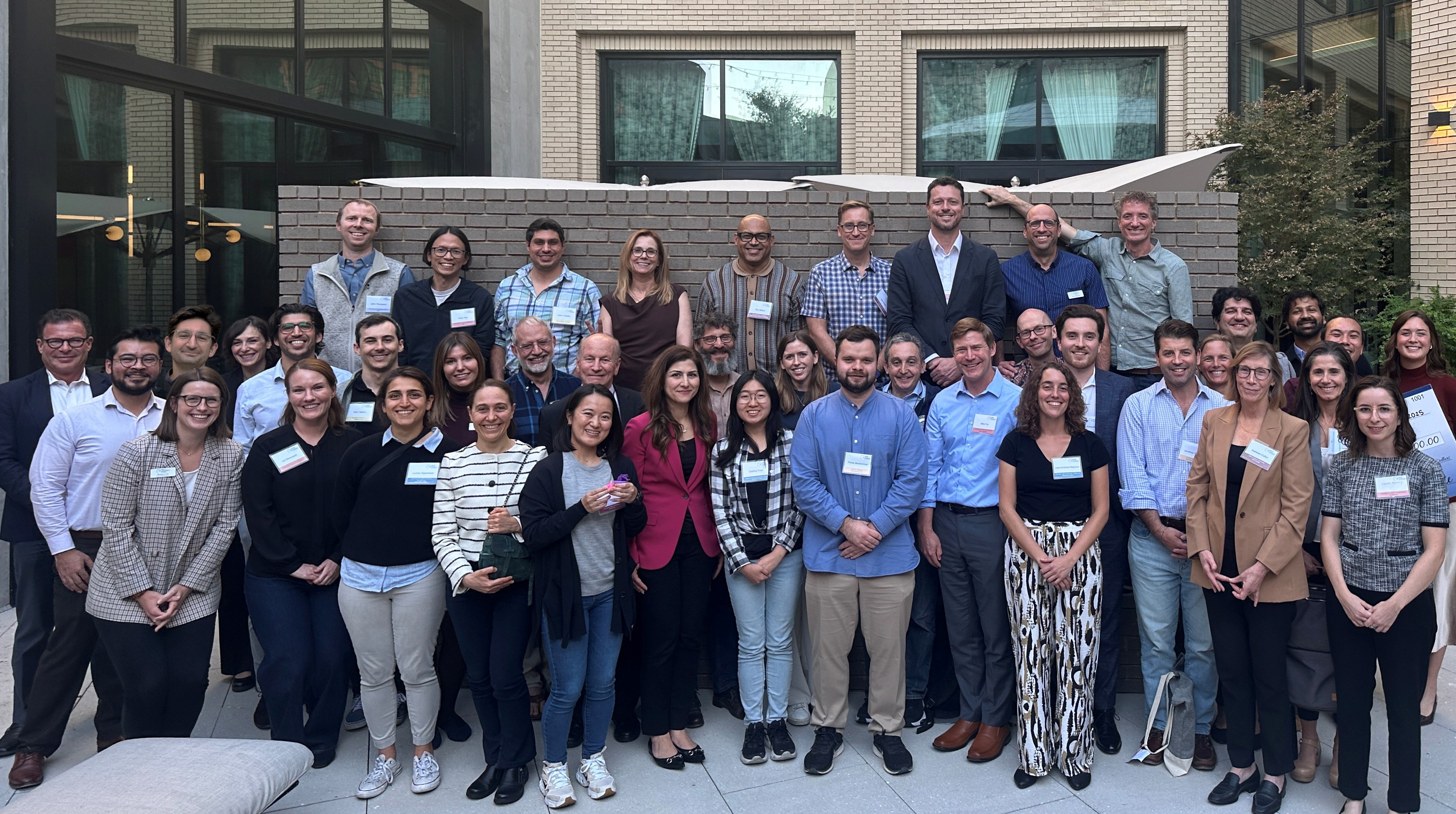
Overview
Following a successful Big Ideas Summit and accompanying RFA in 2024 requesting proposals for new and innovative approaches to neuromodulation, the Raynor Cerebellum Project launched a virtual institute. The RCP Institute brings together top teams from across the field of cerebellar research, and tasks them with the shared goal of forming a closed-loop, AI-directed neuromodulation approach through either deep brain stimulation or non-invasive approaches.
For more information on the projects funded within the RCP Institute, visit our Funded Research page.
Institute Vision
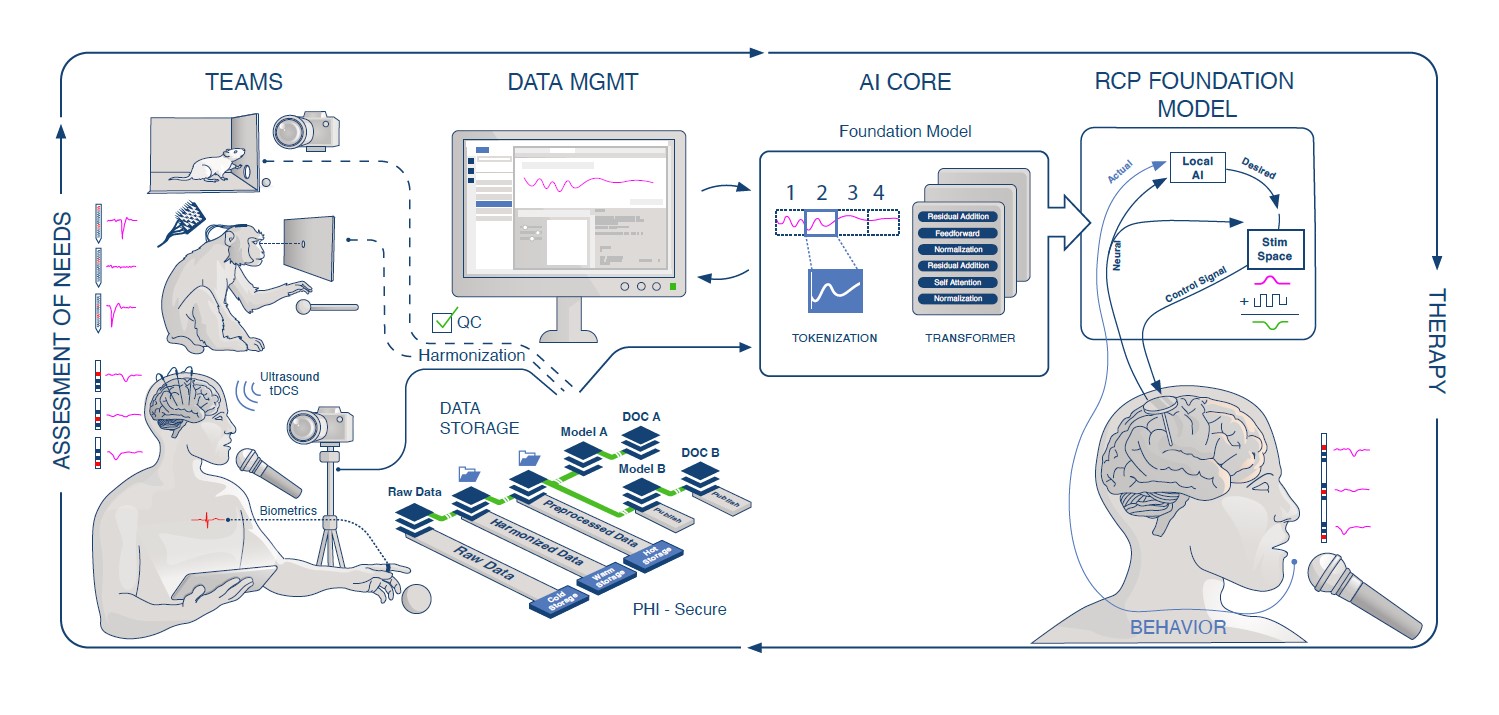
The ultimate goal of the RCP Institute is to develop the next generation of neuromodulation tailored for treatment of symptoms caused by cerebellar disorder. To accomplish this, we have gathered researchers across many different disciplines who are working to understand neural activity and treat symptoms directly or indirectly through various means. Our teams are generating data from animal models and human patients that can be used to not only answer site-specific questions about disease treatment, but also to go into a foundational model. This AI model will be trained on the data from our groups to interpret neural activity and identify aberrant signals, and ultimately to intelligently impose a corrective stimulation to a target site that will correct the aberrant activity. Our institute datasets include patient behavior, neural recordings, stimulation, brain mapping, and testing invasive and non-invasive methods to treat people and improve the lives of individuals with cerebellar disorder.
Institute Member Bios
Click on the experts below to learn more.
